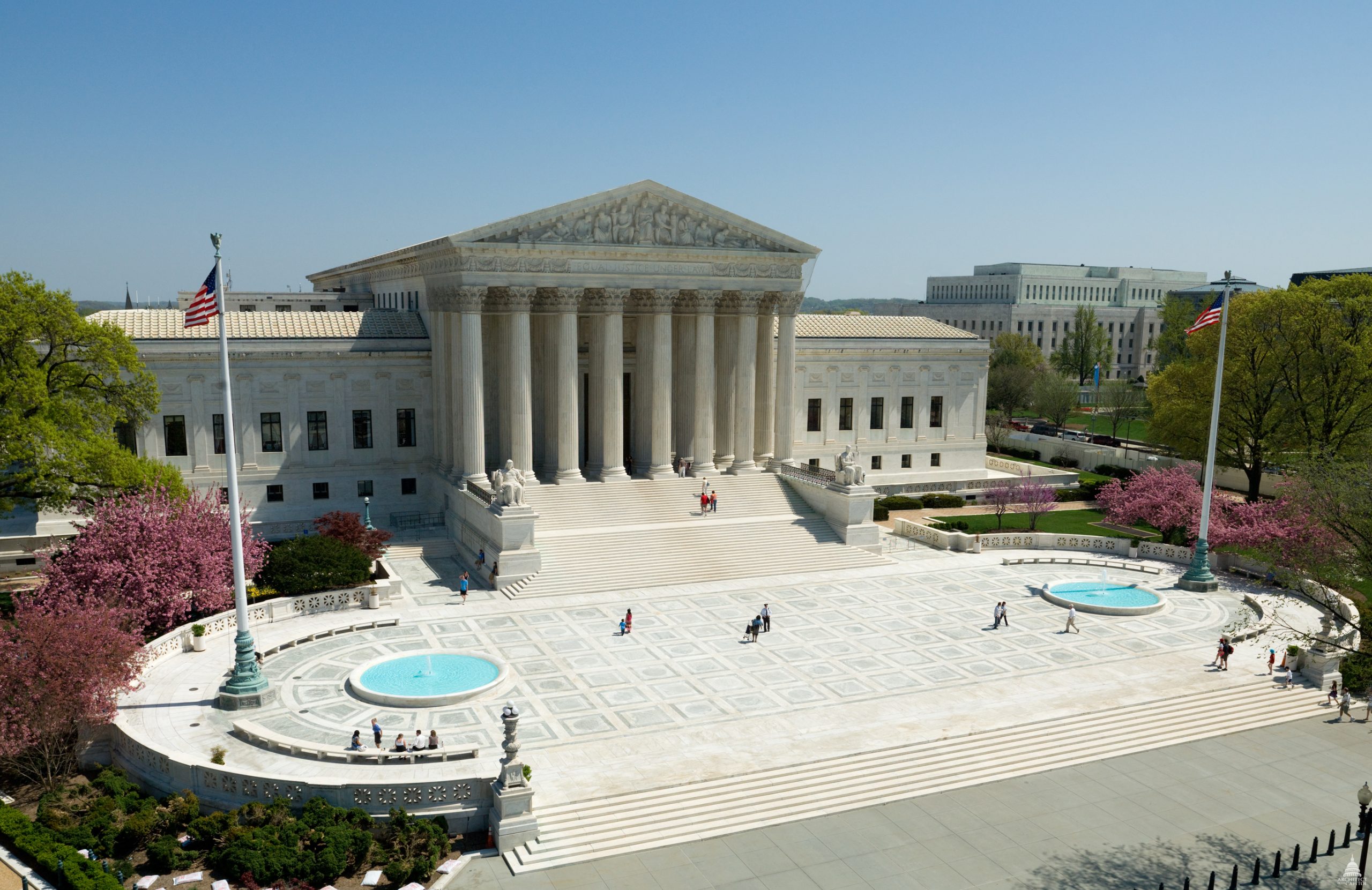WASHINGTON, Oct. 17, 2025 — A coalition of 24 state attorneys general has launched legal action against the Trump administration following the termination of the Solar for All program, a $7 billion initiative designed to expand solar energy access to more than 900,000 low-income families nationwide.
The lawsuits, filed in federal courts including the Western District of Washington, accuse the Environmental Protection Agency (EPA) of breaching binding grant agreements signed earlier this year. Plaintiffs argue that the EPA’s unilateral cancellation violated the terms of those contracts, which permitted termination only in cases of substantial noncompliance, fraud, or misrepresentation — none of which, they contend, occurred.
Legal Claims and Allegations
The states allege that the EPA’s actions breached both the express terms of the agreements and the agency’s duty of good faith and fair dealing, effectively destroying the states’ reasonable expectations of the program’s benefits. A companion lawsuit also cites violations of the Administrative Procedure Act (APA), describing the termination as “arbitrary and capricious.”
Political and Economic Stakes
California Attorney General Rob Bonta condemned the decision, calling it a direct blow to working families: “At a time when energy bills are at a record high, the Trump Administration is needlessly hampering an industry that can produce safe, reliable, and inexpensive energy. Solar for All was built to deliver relief for all Americans — lowering bills, reducing emissions, and creating union jobs. We will not let this illegal termination stand.”
Arizona Attorney General Kris Mayes added that the program would have prevented 90,000 tons of CO₂ emissions annually in her state alone, underscoring the environmental stakes of the dispute.
EPA’s Defense
EPA Administrator Lee Zeldin defended the cancellation, arguing that taxpayer funds were being mismanaged through multiple layers of intermediaries. In a public statement, he said the agency lacked statutory authority to continue the program and that ending it would save taxpayers “another $7 billion.”
Broader Implications
The lawsuits highlight the growing clash between federal climate policy and state-level clean energy initiatives. Analysts warn that the outcome could shape the future of federal-state cooperation on renewable energy, with potential consequences for both the clean energy transition and household energy affordability.
The EPA has declined to comment further on the pending litigation.
Excerpts from jurist.org article by Morgan Polen | U. Pittsburgh School of Law, US



